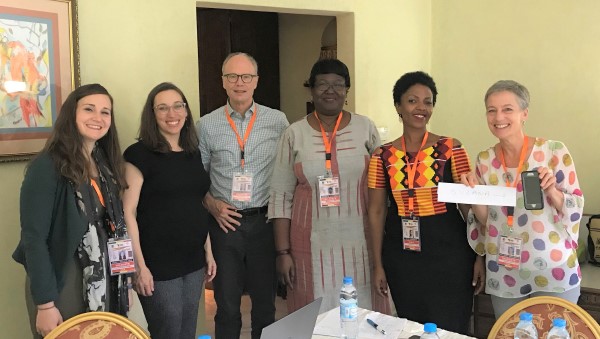Contraceptive Transition Theories Panel
The IUSSP Scientific Panel on Contraceptive Transition Theories: Models for contemporary patterns of use has now been established and is planning activities for 2020 and 2021.
The objective of the panel is to develop an overarching theory of contraceptive use at the population level. This will be a conceptual framework of how modern contraceptive use transitions from low to high rates in contemporary Asian, African, and Latin American populations. The framework will be firmly grounded in the empirical record of the past six decades, either existing empirical research or fresh empirical research invited by the panel. A key question is the universality of contraceptive transitions, i.e. the degree to which the empirical record suggests one or a small set of universal pathways to higher rates of modern contraceptive use as against a variety of distinct types of pathways (perhaps according to region or socioeconomic factors).
The activities of this panel are supported by a grant from the Bill & Melinda Gates Foundation for the period 1 July 2019 through 31 December 2021.
The membership of the panel is: John Casterline, Chair (U.S.) Ann Biddlecom (U.S.); Irene Casique Rodriguez (Mexico); Jamaica Corker (U.S.); Allen Kabagenyi (Uganda); Nathalie Sawadogo (Burkina Faso); Chander Shekhar (India). Suzana Cavenaghi (Brazil) serves as the IUSSP Council Liaison.
The members of the panel who were attending the 8th African Population Conference in Entebbe Uganda (18-22 November) met to launch the planning of activities. From this discussion, the tentative plans are to hold scientific meetings in June 2020, February 2021, and December 2021 (the latter immediately before or after the IUSSP General Conference). The agenda for these meetings will be developed by the panel through further discussion during December 2019 and January 2020. At this time the panel is aiming for two major research outputs: a collection of papers (edited volume or special issue of journal); an article-length piece that presents the conceptual framework for contraceptive transition that emerges from the panel’s scientific activities.
|

